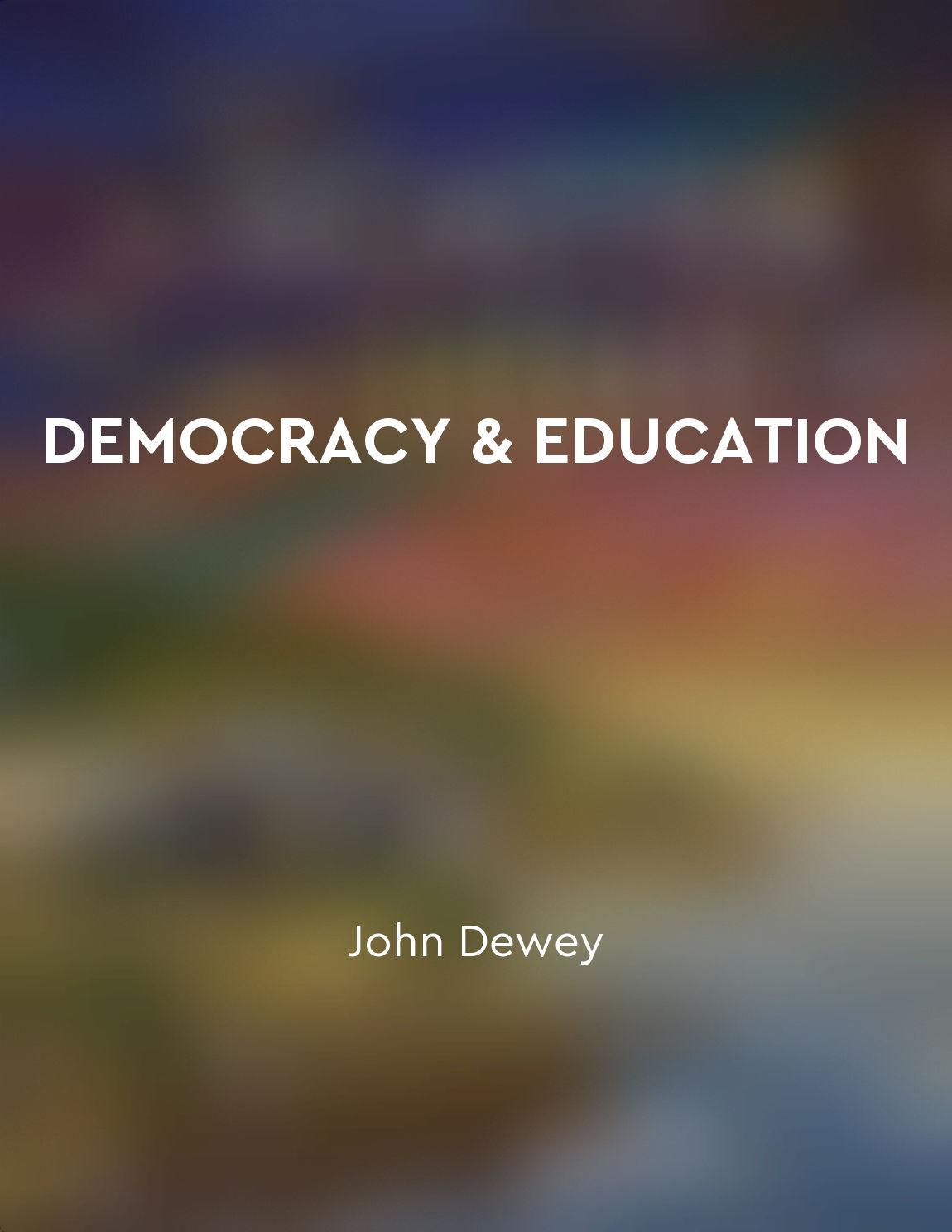Charter schools provided alternatives to public education from "summary" of History of American Education by David Boers
Charter schools emerged as a distinctive educational model in the American education system, offering a novel approach to schooling that provided an alternative to traditional public education. These schools were created with the intention of fostering innovation and flexibility in educational practices, aiming to improve student outcomes by granting more autonomy to teachers and administrators. By operating independently of local school districts, charter schools had the freedom to design their own curriculum, set their own academic standards, and establish unique instructional methods. One of the key features of charter schools was their focus on accountability and performance. In exchange for increased autonomy, charter schools were held accountable for meeting specific academic goals and performance benchmarks outlined in their charter agreements. This emphasis on outcomes and results prompted schools to adopt data-driven practices and implement strategies to improve student achievement. By evaluating student progress based on measurable indicators, charter schools aimed to ensure that every student received a high-quality education that aligned with their individual needs and abilities. Additionally, charter schools offered families a choice in where their children received education. Parents could opt to enroll their children in a charter school that aligned with their educational philosophy, teaching approach, or values. This provided families with greater agency in selecting a school that best suited their child's learning style and academic preferences. The availability of charter schools expanded the educational options available to families, fostering competition and diversity within the education landscape. Furthermore, charter schools served as laboratories for educational innovation and reform. By experimenting with new teaching methods, curricular approaches, and school structures, charter schools contributed to the ongoing evolution of educational practices in the United States. These schools provided a platform for educators to explore creative solutions to persistent challenges in education, such as improving student engagement, addressing achievement gaps, and promoting equity and inclusion. The innovative practices developed in charter schools often had a ripple effect, influencing broader educational policy and practice.- Charter schools played a significant role in diversifying the educational landscape and offering alternatives to traditional public education. By granting schools greater autonomy, promoting accountability, providing choice to families, and fostering innovation, charter schools contributed to ongoing efforts to improve student outcomes and enhance the quality of education in the United States.
Similar Posts

Democracy thrives on diversity
The very life of democracy depends upon its capacity to foster and maintain diversity within its body. Diversity is not somethi...
English education is evolving rapidly
English education is in a state of rapid transformation, driven by a complex web of factors that are reshaping the landscape of...

The Federal Reserve's actions can lead to economic instability
The Federal Reserve is an influential institution in the United States, with the power to shape the country's economic landscap...
Every student has unique strengths and abilities
In education, it is crucial to recognize that each student brings their own set of strengths and abilities to the table. These ...
Teachers play a significant role in shaping students
Teachers are powerful agents of socialization within the school environment. They are not just instructors of academic content;...
The history of education illuminates current issues
The history of education is a valuable tool for understanding the current challenges and issues facing our educational system. ...

Schools should cultivate critical thinking
The cultivation of critical thinking within schools is a fundamental necessity for the development of a democratic society. Cri...
Students should be taught how to think, not what to think
The essence of education is not merely to fill students' minds with information and ideas, but to empower them with the skills ...
Scholars and policymakers must work together to create a more just and equitable education system
Scholars and policymakers play crucial roles in shaping the education system to be more equitable and just for all students. By...

